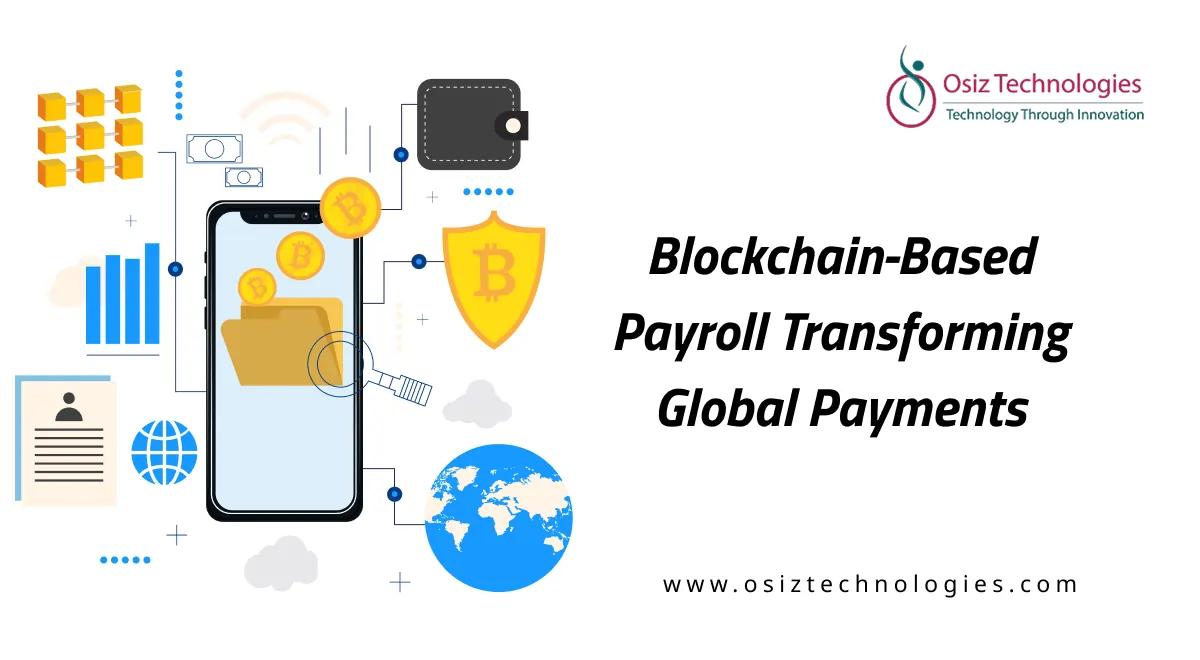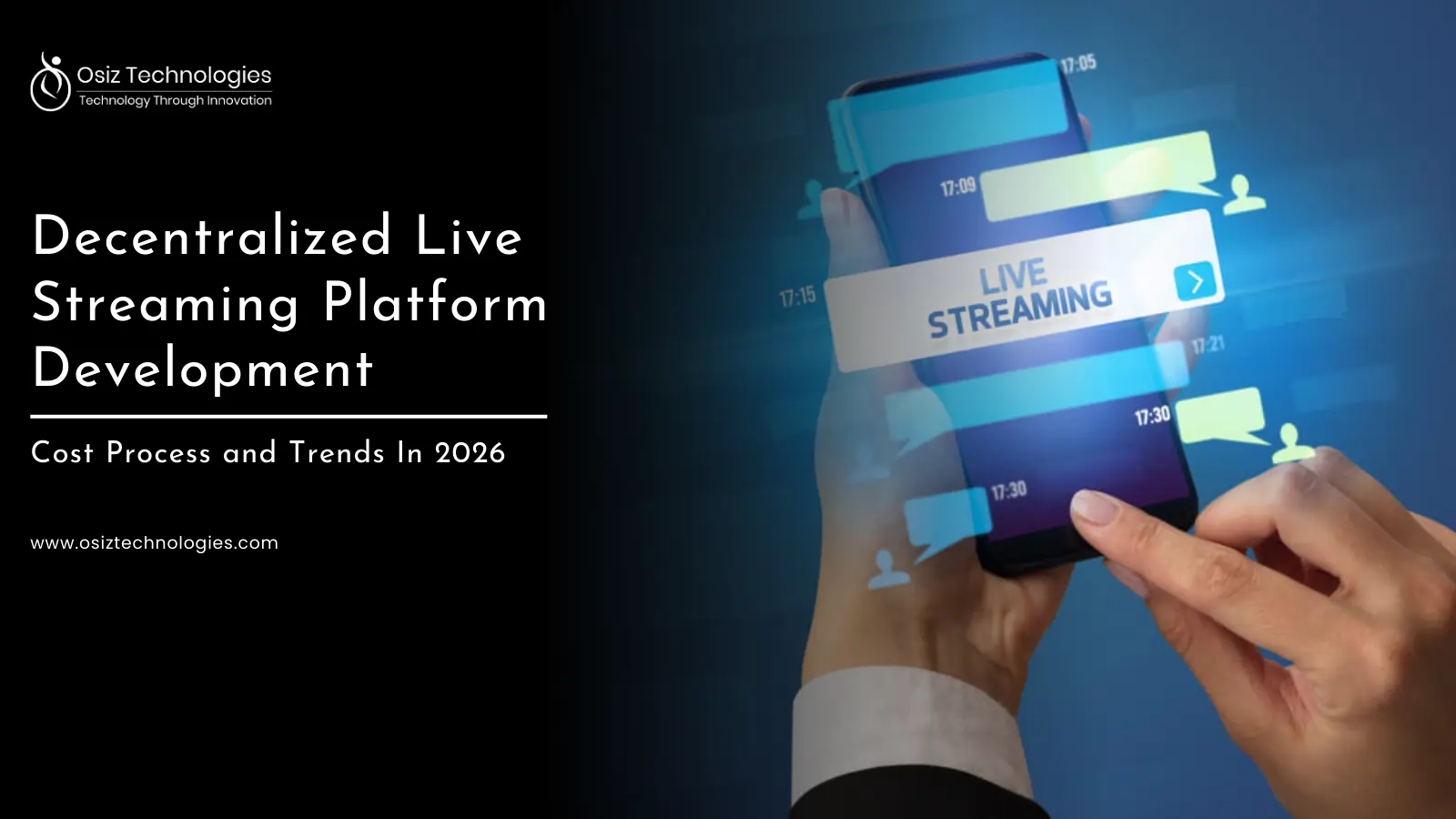With the digital-first economy of today, companies are increasingly dealing with remote global teams that crisscross continents. Though remote work provides entry to a wider pool of talent, it brings complexities in payroll management, including late payments, excessive transfer charges, and currency exchange complications. Blockchain technology is becoming a game-changer solution with transparency, speed, and efficiency in payroll processing.
What is Blockchain Payroll?
Blockchain payroll is the application of decentralized ledger technology to automate and simplify employee payments. Rather than using various middlemen such as banks, blockchain lets organizations send wages directly to employees through secure smart contracts or cryptocurrency wallets. Not only does this cut down on transaction fees but also makes payments instant and verifiable across borders.
Challenges in Traditional Payroll Systems
Cross-border issues
Having to pay workers in various countries translates into dealing with several banks, clearing systems, and laws. For instance, an Indian employee who works for an American firm might get their salary paid to them in a few working days because of overseas wire protocols, lose some amount on foreign exchange rate and fees.
Lack of transparency
Typically, the employee doesn't have any idea when their pay kicks in, where it is in the system, or why it's delayed. This lack of real-time insight creates distrust, especially among global freelancers and contractors who depend on prompt pay.
Security threats
Centralized databases of conventional payroll systems are the soft targets for cybercrime. Examples of payroll frauds, phishing, and data breaches are now a common phenomenon, resulting in loss of money and sensitive employee information.
Administrative inefficiency
Payroll administrators spend time reconciling, navigating tax compliance across jurisdictions, and resolving grievances. With every additional middleman—banks, payment processors, compliance teams—there is complexity, cost, and delay.
Limited financial inclusion
The majority of global workers, especially freelancers in the developing world, are outside the traditional banking system. This renders it tough for firms to pay them fast and securely.
Why Companies Are Adopting Blockchain in Payroll?
Firms are increasingly embracing blockchain in payroll to address the inefficiencies of conventional systems. With the growth of global teams, businesses are exposed to high transfer costs, latency, and regulatory troubles. Blockchain facilitates real-time cross-border payments, lowers costs by eliminating middlemen, and promotes transparency through unalterable records. Improved security reduces the risk of fraud, while automated compliance and payrolls are facilitated by smart contracts. Salary earners are also advantaged through flexible mechanisms such as stablecoin payments to ensure financial inclusivity in underbanked areas. Beyond efficiency, blockchain payroll facilitates companies to establish trust, attract talent, and achieve a competitive advantage in the current digital-first, interconnected business environment.
Role of Enterprise Developers & Blockchain Consultants
Enterprise developers and blockchain consultants work together to enable businesses to use and grow blockchain solutions. Consultants work through business requirements, find appropriate use cases, and advise strategy, while enterprise developers create secure, scalable applications. Both combine to fill the innovation to implementation gap, creating digital transformation.
Benefits to Employees and Employers
Faster Transactions
Unlike traditional banking systems that operate on business hours, blockchain transactions run 24/7. A U.S. company can pay its employee in Asia instantly without waiting for bank clearance or dealing with time-zone mismatches.
Reduced Costs
By cutting out intermediaries such as banks and currency exchange providers, companies can reduce transaction fees significantly. This is particularly valuable when paying a large distributed workforce or making frequent cross-border payments.
Transparency & Trust
Blockchain's distributed ledger makes both employees and employers able to view each step of the payment process. Employees do not have to wonder if payroll has been run—they can check on transactions in real-time.
Improved Security
Blockchain transactions are encrypted, decentralized, and irreversible, so it is almost impossible to manipulate payroll records or commit fraud. For companies, this lowers the threat of cyberattacks and compliance fines.
Payment Flexibility
Salaries can be paid in cryptocurrencies or fiat-pegged stablecoins by employers, providing employees with more financial freedom. For employees working in countries with shaky banking systems or hyperinflation, this can be a lifesaver.
Smart Contracts for Automation
Payroll can be automated using smart contracts so that salaries get paid on a specific date after satisfying specific conditions (such as work hours worked) so that manual intervention, delay, and errors are eliminated.
Enhanced Financial Inclusion
By having only a digital wallet, workers in underbanked areas can be paid salaries conveniently without a traditional bank account, increasing access to job opportunities globally.
Future of Payroll on Blockchain
As companies increasingly adopt global teams, blockchain payroll will be the future foundation of workforce management. Payroll systems will be embedded with smart contracts in the future, facilitating real-time automated disbursals of salaries, tax deductions, and compliance. Stablecoins and central bank digital currencies (CBDCs) will be at the forefront, facilitating faster, regulated, and borderless payments.
Moreover, blockchain payroll will increase financial inclusion, allowing employees in underbanked areas to receive wages securely through digital wallets. With lower costs, increased transparency, and the ability to make payments 24/7, blockchain is building a payroll system that's frictionless, global, and employee-focused.
Closing Thoughts
Blockchain isn't merely a money innovation—it's an employee enabler. By revolutionizing payroll processes, it enables companies to pay their employees sooner, securely, and cheaper, and grant workers more flexibility and trust. With remote and global working teams on the rise, blockchain payroll will lead the charge toward a frictionless, borderless payments future.
To lead during this revolution, companies require a technology partner. To introduce blockchain into payroll, reach out to Osiz, a top-ranked Blockchain Development Company, providing tailored Blockchain Payroll solutions that provide efficacy, transparency, and worldwide payment flexibility.
Listen To The Article
Recent Blogs

Avail
30% Off












